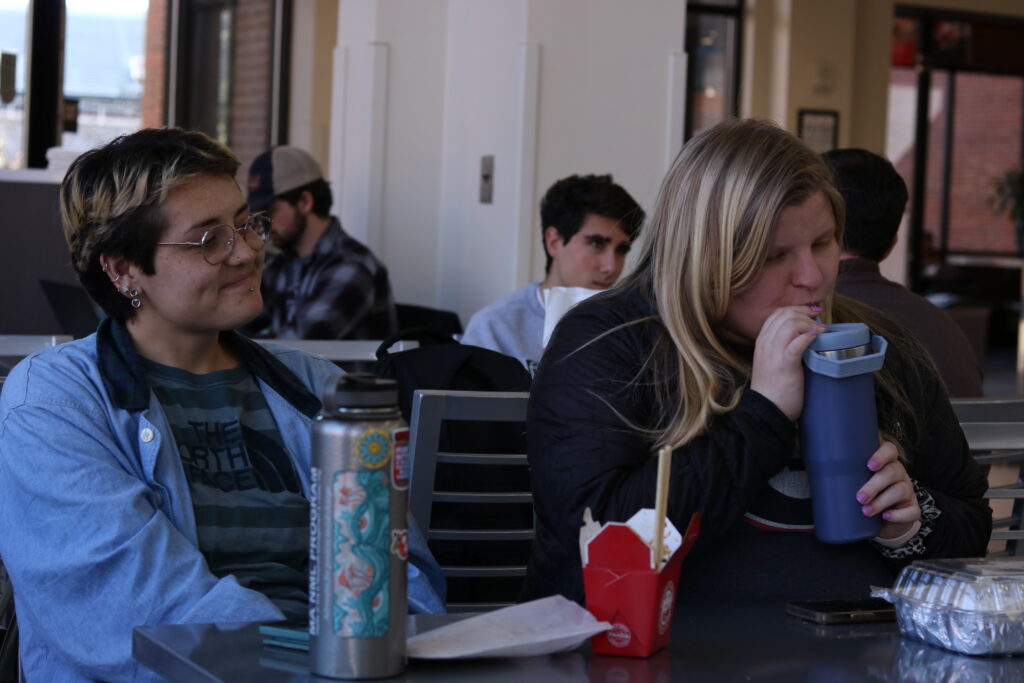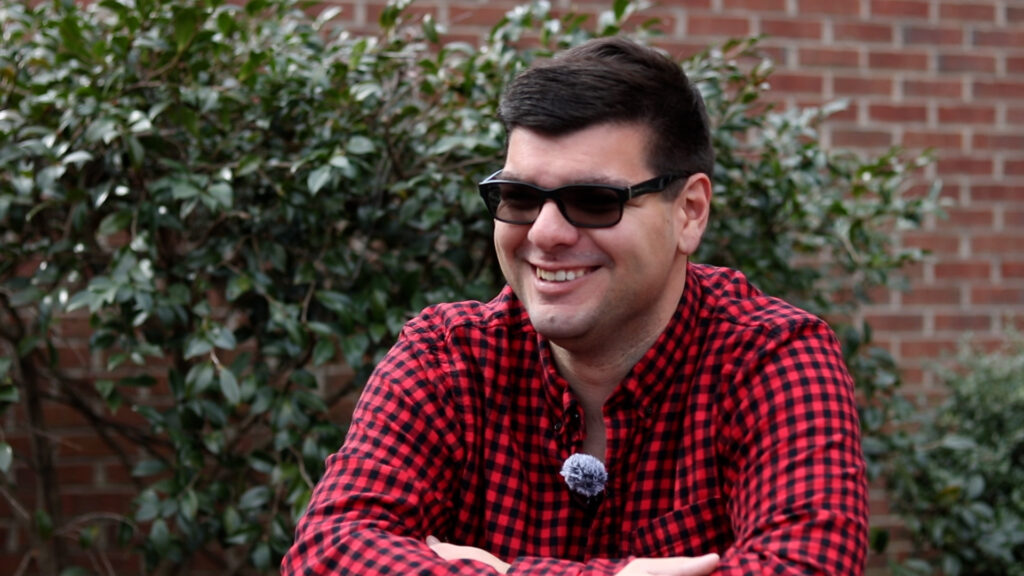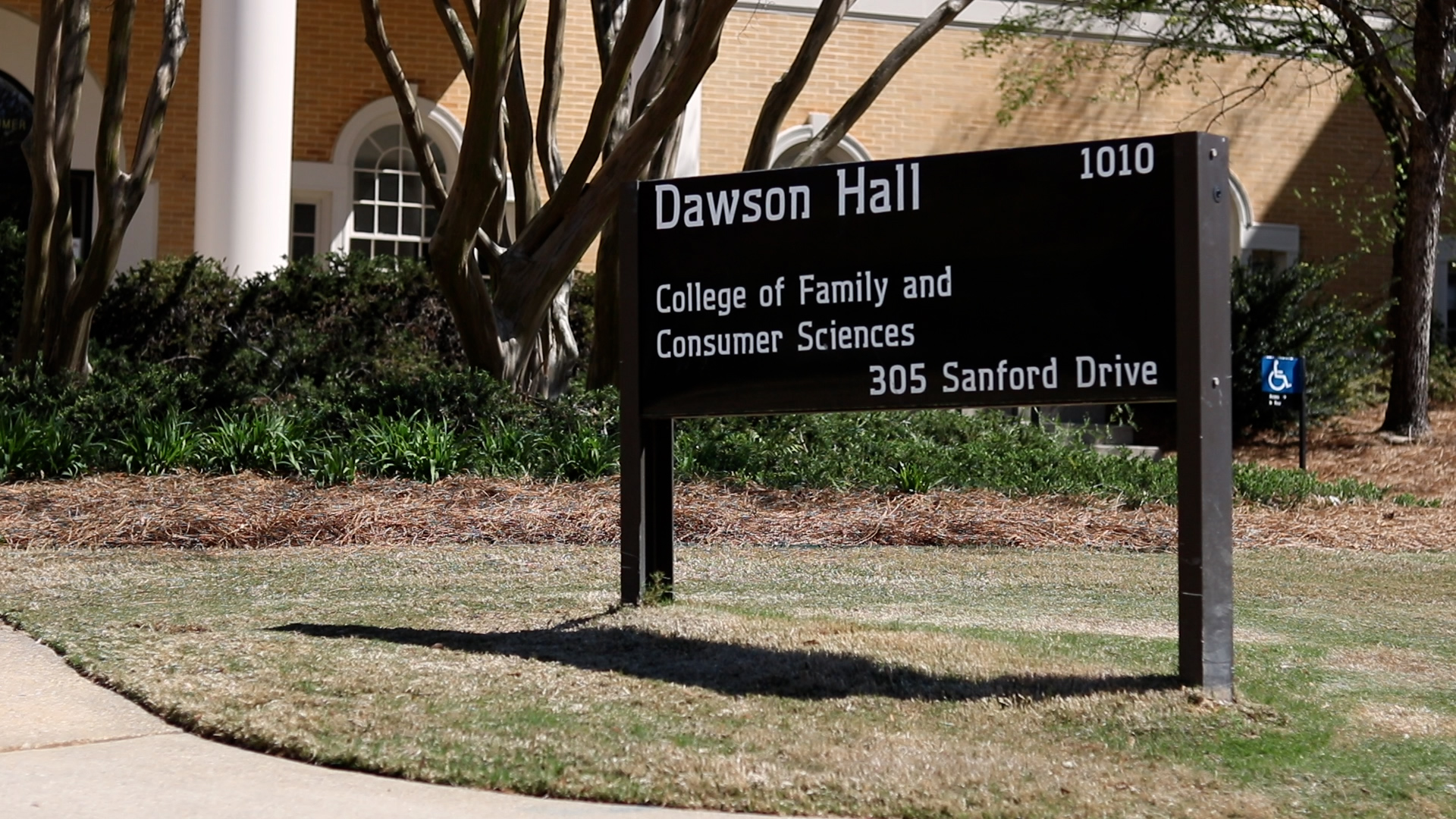Gabriel Pratt, a Destination Dawg mentor at the University of Georgia, was nervous going into Tate Student Center for lunch. Meeting another student wasn’t out of her comfort zone, but this meeting was more formal than most.
“I was nervous about meeting him and that he wouldn’t like me because that was another thing,” said Pratt. “These students have so many different mentors that hang out with them all the time … do they get annoyed with just having like us random people go hang out with them?”
Pratt is describing her first encounter with mentee, and now close friend, Benjamin Harrison. He’s is in his final semester of Destination Dawgs and wants to work in nonprofit management after graduation. Pratt’s become a friendly source of support for Harrison since that first meeting.
Why It’s Newsworthy: Students with disabilities struggle with issues of inclusivity, and Destination Dawgs is providing a platform for them to help work through obstacles while building relationships with fellow students along the way.Destination Dawgs is a program within the University of Georgia’s Institute on Human Development and Disability that allows students with intellectual disabilities from the age of 18 to 25 to complete a certificate in college and career readiness over the course of four 15-week semesters. The program helps with the students’ social development, independence and work experience.
Benefits and Roles of Mentors
Students with intellectual disabilities are paired with other UGA students, like Pratt, who serve as mentors, allies and friends. Although many of the mentors join Destination Dawgs through UGA’s disability studies certificate, the certificate is not a requirement for membership.
“Basically like all of it summed up to just be like a friend, a good influence,” said Pratt. “A friend that’s like looking out for someone’s best interest.”
The program helps many of the mentors recognize implicit ableism in their own thoughts and actions. It may seem as if the mentors are there to teach the mentees, but the mentors are learning alongside the mentees.
“If you’re going to mentor, you need to understand that you’re also learning,” said Pratt. “This is an opportunity for you to learn and expand your perception of people and what is normal and not, because that’s just a construct.”

Mentors and mentees usually have lunch together a few days each week, giving them a chance to catch up on school, hobbies and other interests. It sounds like a simple arrangement, but for many mentees like Harrison, it offers consistent, one-on-one connection with fellow students that was lacking before they entered college.
“Before I was a part of post secondary inclusive programs, I was in public schools that had little to no resources and accommodations for people with disabilities,” said Harrison.
“They kinda categorized us as all the same people,” Harrison added. They didn’t know that we’re all different, and they just have this perception and it really wasn’t a positive light.”
Common Issues with Stigmas
It is not uncommon for people to write off the mentees due to the common stigma of people with disabilities needing help to do common tasks. The mentors are much more like peers not parents, according to Pratt.
“There are times where sometimes people say stuff or assume that one of the Destination Dawg students won’t be able to participate in a group conversation,” said Pratt. “They’re students, just like everybody else. Treat them as such.”
The program better prepares the mentees to deal with these situations. The students are able to grow professionally and socially.
“I’ve definitely grown more comfortable with interacting with a lot of other students,” said Harrison. “I’m not as in my own world, I’m more talkative and interacting a lot more with people.”

The Destination Dawgs mentorship program shows students that mentees are not less than anyone else, they just need different accommodations, said Pratt. Both mentors and mentees benefit as mentors work through their preconceived judgements and mentees gain confidence in situations they might have avoided before.
“I feel like I directly benefit from having mentors,” said Harrison. “I feel like we both helped each other grow in a lot of ways not only socially and academically, but just building meaningful relationships that will last a lifetime.”
Noah Buice is a fourth-year student majoring in journalism.









Show Comments (0)